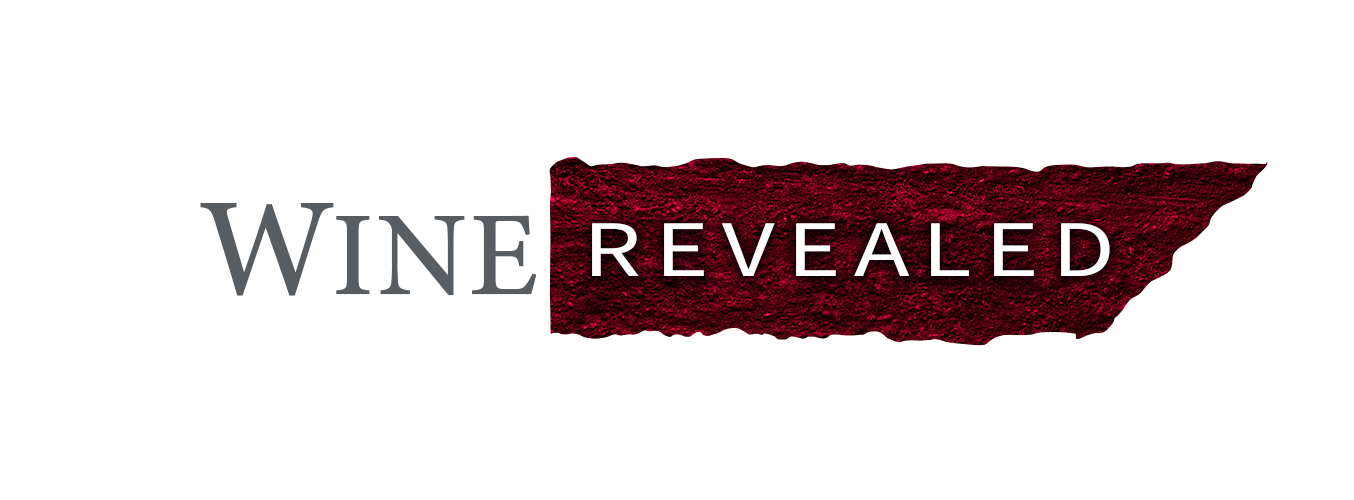The cultivation and enjoyment of wines are among the oldest customs in our civilization. Wine has come to represent celebrations and special time spent with friends and loved ones. It plays a role in so many treasured memories!
It is a tradition that will never change… or will it?
The Facts
According to industry tracker IWSR (International Wines and Spirits Record), American wine consumption had dropped for the first time in 25 years. In fact, the total volume of wine purchased in the U.S. has dropped by 0.9%. [1]

“Millennials are just not embracing wine with open arms compared to previous generations,” explained IWSR spokesperson Brandy Rand, “With the rise in low and no-alcohol products and general consumer trends toward health and wellness, wine is in a tough place.” [2]
Millennials and Gen Z are consuming less alcohol overall than previous generations, and those in their teens and early 20s are drinking 20% less than even the millennials do. When surveyed about reasons why young people cite the fear of social media exposure as the main driver in this trend. [3]
The Challenge Ahead
So how does the wine industry, and wine lovers who wish to pass along this tradition, connect with younger generations who are drinking less, and choosing other options over wine when they do drink?
Even more importantly, how can this be done in a manner that models responsibility and embraces healthy lifestyle choices?

Beverly Banning of Decanter contends that it is possible to pass the love of wine along to younger generations in a responsible manner. She explains that “alcohol is the least distinguishing aspect of wine… teaching your children responsible drinking is really no different from teaching them responsible eating: both are part of a healthy adult lifestyle and both require education.”
This all begins with modeling responsibility and moderation. Habits that should be in place long before young people take their first drinks. This is accomplished in part by emphasizing quality over quantity, with both food and wine.
Sharing the Love of Wine
Think back to your own wine journey… special wines took on more meaning as you learned about the history and tradition behind them. First, you learned what made a particular wine, winery, or grape special.
Then, you learned about regions, climates, and soil. You learned about flavors, aromas, colors. You learned about what makes a quality wine good, and what to look for that tell you if a wine is off.
From choosing the right glasses to proper pouring techniques, pass along the lessons that go with serving and enjoying wine. Wine terminology should be taught as a tool for communicating the wine experience, not some impenetrable code for experts only.

Careful food and wine pairings also make the wine experience more relevant. While it is often said that wines enhance foods, this can be a two-way street for novice palates. Sometimes it is the food that enhances the wine and brings it alive for them.
We all appreciate what we understand more deeply, and the same goes for wine. Don’t just pass a glass, pass along a story, some context, and tips to make the experience more meaningful.

